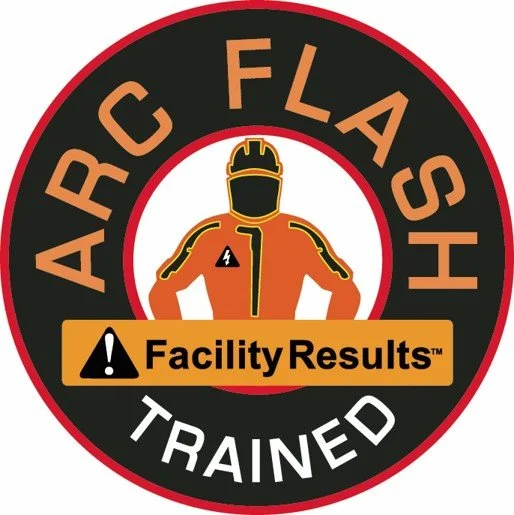Who’s Responsible for Ensuring Compliance with NFPA 70E Work Practices for Contract Employees?
The National Fire Protection Association (NFPA) 70E standard is a widely recognized and adopted guideline for electrical safety in the workplace. This standard is designed to protect employees from electrical hazards and ensure that they follow proper work practices when working on or around electrical equipment. However, many employers are unsure of who is responsible for ensuring that contract employees are following the NFPA 70E work practices required by the host employer.
One of the key responsibilities of the host employer is to ensure that all employees, including contract employees, are aware of and follow the appropriate work practices outlined in the NFPA 70E standard. This includes providing training and education on the standard, as well as regularly monitoring and enforcing compliance with the guidelines.
One way for the host employer to ensure compliance with the NFPA 70E standard is to include specific language in the contract with the contract employee’s employer. This language should outline the host employer’s expectations for compliance with the standard and should hold the contract employee’s employer responsible for ensuring that their employees are following the guidelines.
Another important aspect of compliance with the NFPA 70E standard is regular communication between the host employer and the contract employee’s employer. The host employer should be in regular contact with the contract employee’s employer to ensure that they are aware of any changes or updates to the standard and to discuss any concerns or issues related to compliance.
The host employer can also take steps to ensure compliance with the NFPA 70E standard by conducting regular inspections of the work performed by contract employees. This can include conducting audits of the contract employee’s work, as well as observing them in the field to ensure that they are following the appropriate work practices. Any non-compliance issues should be immediately addressed and corrected.
The contract employee’s employer is also responsible for ensuring compliance with the NFPA 70E standard. This includes providing their employees with the necessary training and education on the standard and regular monitoring and enforcing compliance with the guidelines. The contract employee’s employer should also be in regular communication with the host employer to ensure that they are aware of any changes or updates to the standard and to discuss any concerns or issues related to compliance.
In addition, the contract employees are also responsible for following the NFPA 70E standard. This includes understanding and following the appropriate work practices and reporting any non-compliance issues to their employer or the host employer.
Overall, ensuring compliance with the NFPA 70E standard for contract employees falls on all parties involved: the host employer, the contract employee’s employer, and the contract employee themselves. It is essential for all parties to work together to ensure that the appropriate work practices are being followed and to address any non-compliance issues promptly. By working together and communicating regularly, all parties can help to ensure a safe and compliant workplace for all employees.
Author: Bryan Rupert
This content is provided by Bryan Rupert, owner of Facility Results.
Click here to learn more about Facility Results and the training services provided.


